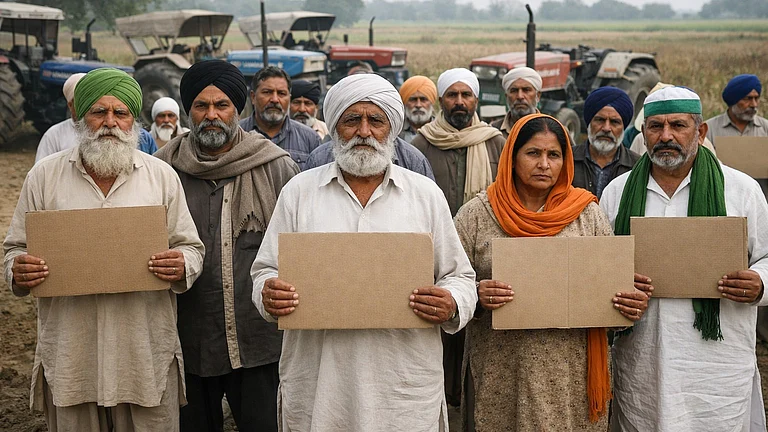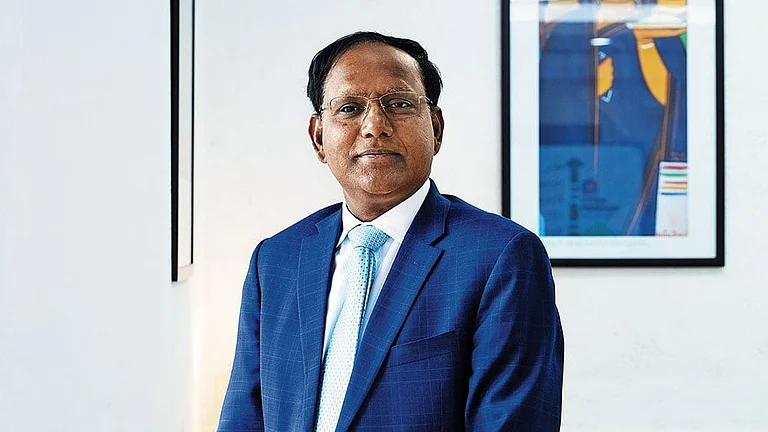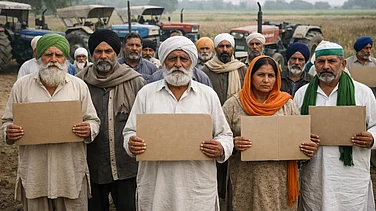The momentous day of June 17, 2022, would be etched in history as the 164-member WTO finally reached an agreement over six key proposals that were in the pipeline, after a hiatus of almost nine years.
The five-day 12th WTO meeting, which took place in Geneva under the leadership of Directorate-General Nzogi Okonjo-Iweala concluded in the early hours of Friday in the backdrop of the geopolitical tensions and the ongoing Russia-Ukraine war. This is the first time in over four years, that the meeting took place with the physical presence of its members. The last time the meeting took place was in 2017.
Notably, it was in 2013 in Bali, that the ministerial conference—which is the highest decision-making body of WTO and consists of 164 developing and developed countries, inked the trade agreement to promote seamless movement of goods across international borders.
Amidst the uncertainty regarding the global economy, and heightened geopolitical tensions, the key agenda behind this year’s WTO meeting was to ensure food and agriculture security, patent regarding the Covid-19 vaccines, and the key agreement on fishery subsidies. The last two days of the WTO meeting witnessed intense discussions, with many developing nations including India alleging that the agreements put on the tables by WTO favoured developed and rich countries.
However, as over 100 trade ministers passed the package of six agreements, Okonjo-Iweala said, "The package of agreements you have reached will make a difference to the lives of people around the world. The outcomes demonstrate that the WTO is, in fact, capable of responding to emergencies of our time."
Key Deals Are Signed During WTO Meet 2022
Agreement on fishery subsidy
The text on the fishery subsidy was one of the key agreements the WTO members were expecting to pass at this year’s meeting. On Wednesday, as India rejected the proposed document citing the texts to favour rich nations, it was speculated that this year’s meeting would again meet the fate of an impasse.
One of the contentious aspects of the proposed agreement was to reach a consensus on the 21-year-old issue which aims to eliminate subsidies for illegal, unreported, and unregulated (IUU) fishing as well as curb subsidies for overfishing and overcapacity to promote sustainable fishing. Unlike India, the developed nations, with long distant fishing, had proposed to eliminate fishery subsidies. India had argued, that most developing countries, where a major chunk of fishermen’s population depends on government assistance and aid, would be impacted if the subsidies would be eliminated.
“The first time subsides on overfishing, deep-sea fishing and Illegal, Unreported, and Unregulated (IUU) fishing have been addressed through the proposed pact,” a source told PTI.
Okonjo-Iweala said, “WTO members have for the first time, concluded an agreement with environmental sustainability at its heart. This is also about the livelihoods of the 260 million people who depend directly or indirectly on marine fisheries.”
However, another proposal made by India—a transition period of 25 years did not make it to the approved agreement.
IP Waiver To Produce Covid-19 vaccines by developing countries
Another contentious agreement was the Trade-Related Aspects of Intellectual Property Rights (TRIPS)— a multilateral agreement on the Intellectual Property (IP) of undisclosed information or trade secrets that had been a matter of heated discussion amongst developing and developed countries. In October 2020, India and South Africa submitted a proposal to WTO members seeking a waiver of certain provisions such as patent rights to manufacture and export Covid-19 vaccines, therapeutics, and diagnostics instruments by developing countries to contain the pandemic. The proposal was revised again in May 2021.
Developed countries like the UK and Switzerland opposed the proposal stating that the agreement has in-built flexibilities such as a Compulsory License (CL) and voluntary licensing to deal with the situation. The developing nations countered the claim by saying that since the issuance of CL is a long-drawn process, it won’t be a sufficient solution to deal with the Covid-19 situation.
On the last day, the WTO members agreed to grant IP rights to produce Covid-19 vaccines to developing nations. However, the patent waiver does not include the manufacturing of therapeutics and diagnostics.
“The TRIPS waiver compromise will contribute to ongoing efforts to concentrate and diversify vaccine manufacturing capacity so that a crisis in one region does not leave others cut off," said Okonjo-Iweala.
Agreement On Export Restrictions
To ensure food security, WTO members agreed on a ban on export restrictions for the World Food Programme, with India putting forward the condition that it will restrict exports if the ban impacts its domestic supply and demand.
Notably, another key proposal put forward by India regarding the permanent solution for public stock holdings of foodgrains will be taken up in the next ministerial conference in 2024.
Moratorium on digital imports
The WTO members also agreed on a permanent solution regarding the continuation of the moratorium on digital imports by the next ministerial conference.
As per the existing agreement, the current moratorium on customs duties on digital goods will expire after December 31, 2023. Notably, since 1998, the moratorium has been extended every two years thus preventing the imposition of tariffs on custom duties across international borders.
































